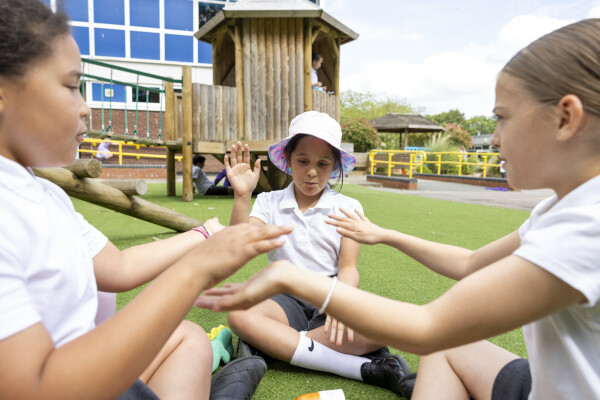PSHE
curriculum intent statement
PSHE is a school subject through which pupils develop the knowledge, skills and attributes they need to keep themselves healthy and safe, and prepare for life and work in modern Britain. Evidence shows that well-delivered PSHE programmes have an impact on both academic and non-academic outcomes for pupils.
Working with the PSHE Association and developing our curriculum around the statutory guidelines outlined in the Education Act 2002 and the Academies Act 2010, our PSHE curriculum aims to provide a balanced and broad curriculum in relation to personal development, behaviour, welfare and safeguarding as well as every day real life issues that the children may experience. The relationships and health aspects of PSHE is compulsory in every school.
Our spiral curriculum focuses on developing skills and attributes such as resilience, self-esteem, risk-management, team work and critical thinking in the context of learning grouped into three core themes: health and well-being, relationships and living in the wider world.
Further information on our PSHE curriculum breakdown can be found on the overview document on the PSHE curriculum page.
assessment
Assessing in PSHE is as central to effective teaching and learning in PSHE education as it is in any other subject. Personal attributes, which are essential to PSHE education, are one of the hardest aspects of learning to assess. Children themselves will be able to judge whether they feel more confident, or have a firmer sense of their own beliefs and opinions than they did before a particular series of lessons. Personal reflections in PSHE education lessons are important, making sure children have time and space within the lessons to reflect on this, either privately or through discussion, is an important part of the assessment process. Assessing learning in PSHE education must therefore use a combination of teacher assessment and pupil self- and peer assessment.
Teachers may incorporate assessment for learning and opportunities for pupils to reflect on what the learning means for their own lives. This might include planning key questions, questions for private reflection, opportunities for feedback and identifying next steps or seeing an improvement in the children’s every day interactions with each other.

subject overview
Below is the overview and the progression of the Relationship and Sex Education (RSE) curriculum which starts in Year 1 all the way up until Year 6.
Curriculum intent statement
PSHE is a school subject through which pupils develop the knowledge, skills and attributes they need to keep themselves healthy and safe, and prepare for life and work in modern Britain. Evidence shows that well-delivered PSHE programmes have an impact on both academic and non-academic outcomes for pupils.
Working with Kapow! and developing our curriculum around the statutory guidelines outlined in the Education Act 2002 and the Academies Act 2010, our PSHE curriculum aims to provide a balanced and broad curriculum in relation to personal development, behaviour, welfare and safeguarding as well as every day real life issues that the children may experience. The relationships and health aspects of PSHE is compulsory in every school.
Our spiral curriculum focuses on developing skills and attributes such as resilience, self-esteem, risk-management, team work and critical thinking in the context of learning grouped into core themes: health and well-being, families and relationships safety and the changing body, citizenship, economics wellbeing and transition.
Assessment
Assessing in PSHE is as central to effective teaching and learning in PSHE education as it is in any other subject. Personal attributes, which are essential to PSHE education, are one of the hardest aspects of learning to assess. Children themselves will be able to judge whether they feel more confident, or have a firmer sense of their own beliefs and opinions than they did before a particular series of lessons. Personal reflections in PSHE education lessons are important, making sure children have time and space within the lessons to reflect on this, either privately or through discussion, is an important part of the assessment process. Assessing learning in PSHE education must therefore use a combination of teacher assessment and pupil self- and peer assessment.
Teachers may incorporate assessment for learning and opportunities for pupils to reflect on what the learning means for their own lives. This might include cold calling, think - pair - share, questions for private reflection, opportunities for feedback and identifying next steps or seeing an improvement in the children’s every day interactions with each other.


